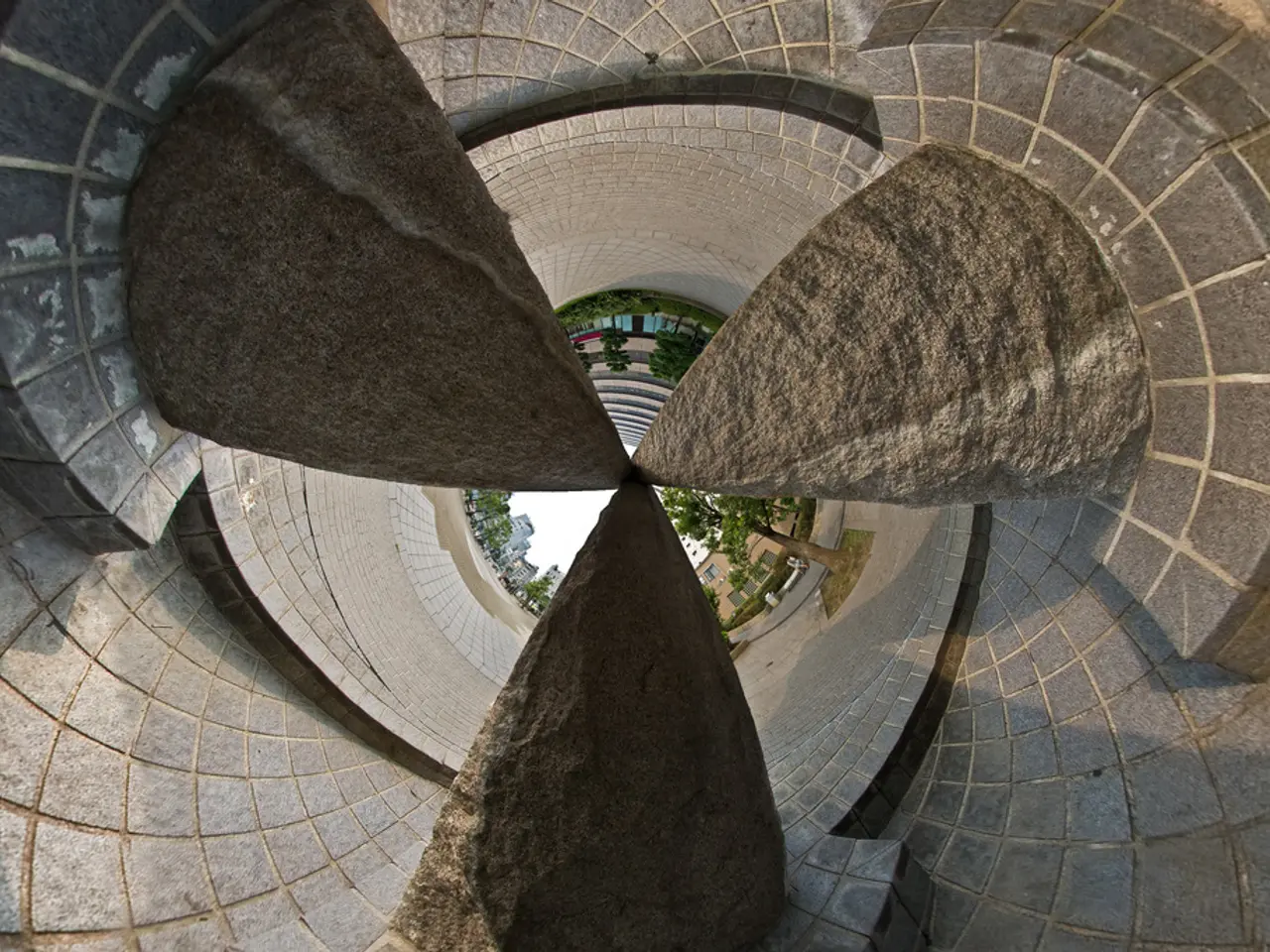Remaining in a period of transition or lacking authority?
In a gathering at the University of Vienna, over 130 participants came together to discuss the current state of society and the role of critical science in the face of authoritarian tendencies and the climate crisis. The event, held in Auditorium II of the New Institute Building, was the setting for insightful debates and discussions, as scholars convened to ensure the preservation and development of critical social research.
Lukas Oberndorfer, head of the Climate, Environment, and Traffic department of the Vienna Chamber of Labor, began the proceedings at the "New Face of Authoritarianism" panel. His opening remarks set the stage for the discussions to come, as he compared the current state of the world to the 1993 film "Groundhog Day."
The panel, which also featured Ulrich Brand, Andreas Bieler, Peter Ullrich, and Carolina Vestena, reported on experiences of colleagues in Brazil under Jair Bolsonaro and currently holds a professorship in Kassel. The second evening panel, "Science in Times of Crisis: Conflicts, Strategies, Spaces of Dispute," highlighted clear patterns emerging: everything labeled "left" or "woke" is suspect and comes under pressure.
During the opening panel, the speakers did not agree on the diagnosis of the current state as an "interregnum." However, the left seems to be using the same terminology to describe societal conditions, with neo-Gramscian perspectives describing the current situation as such. Marie Hoffman attempted to productively operationalize the term "interregnum" in the workshop "Critical Materialist Perspectives on Current European Migration Policy."
The question of the existence of those who engage with, develop, and pass on critical social research will remain crucial for struggles for emancipation. To defend against attacks, "solidarity or resilience structures" need to be created in academia. Benjamin Opratko pointed out that the FPOE party in Austria, under Kickl, has used disruption to permanently reshape the country's society and power structures.
For the past ten years, processes of authoritarian consolidation or tendencies towards fascism have been observed in many societies. Examples of the threat situation mentioned included an absolute AfD majority at the state level, as threatened in Saxony-Anhalt after the 2026 state election, the activities of the Network Science Freedom, or right-wing political campaigns, such as those recently seen in the case of "centrist jurist" Frauke Brosius-Gersdorf.
The alliance of critical scientists, AkG, was founded in 2004 with the aim of advancing critical theoretical approaches and securing their reproduction and further development in academia. The scientific public sphere created by AkG for 21 years should not be underestimated, especially in light of authoritarian tendencies and the climate crisis.
Dorothee Bohle and Margit Mayer questioned whether the term "in-between" was still appropriate, as the left seems to be using the same terminology to describe societal conditions. Alexander Gallas proposed characterizing the current trend as "Subterranean Trumpism." Isolated heckling occurred during the second evening panel.
The question of how to achieve institutionalization of critical science is crucial for the survival of a critical theory of capitalist society. The group of scholars who gathered at the AkG conference in 2024 to discuss the Critical Theory of capitalist society and to ensure its preservation and development amid increasing marginalization in the academic majority, but the specific group name or affiliation is not explicitly mentioned in the available search results.
Read also:
- Setting Up and Expanding Operations at a Soil Blending Facility
- Surveying the Scene: Legality, Drones, and American Anti-Terror Strategy
- Regional University's healthcare system strengthened through collaborative partnership with Chancellor Dr Fiona Hill
- Reminisced University Trustee David M. Flaum as a 'fervent advocate' for the University and community




